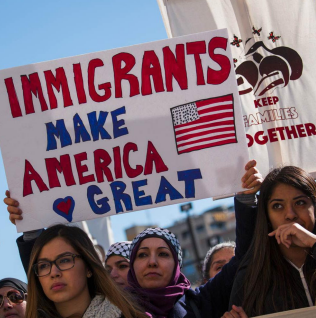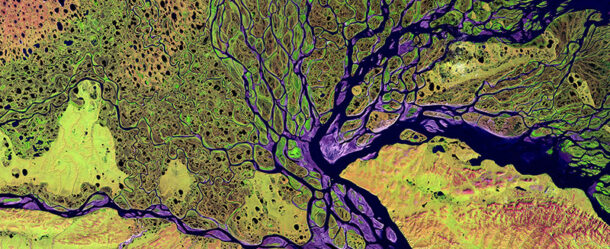Medico-Legal
Workshop
Training doctors and nurses to understand their role in addressing violence against women

A train the trainers tool-kit and workshop
designed for medical professionals aimed
at institutionalizing best practices for
recognising, documenting, and reporting
signs of gender-based violence.
The Challange
Medical professionals are gatekeepers to recognising, documenting, and
reporting signs of GBV, yet, limited preservation and collection of evidence
undermine efective prosecution in these cases. When this is combined with
limited understanding of medical testimony by prosecutors, and the difculty of
medical expert witnesses to withstand cross-examination, the ability to ensure
justice in GBV cases is further compromised.
Key Research

Fiji Women’s Rights Movement’s (FWRM) Balancing the Scales Report identified
the need for capacity building around “collection and use of forensic evidence in
violence against women and children cases.” Furthermore, Medical Services
Pacific found that rape kits that were sent to the Forensic Pathology Unit of the
Fiji Police Force in 42 of the 55 (76%) rape cases referred by the Fiji Police Force
to Medical Services Pacific in 2015 and 2016. In none of the 67 rape cases
decided in the High Court in 2016 and published on PacLII was forensic
evidence presented in the case.
Our Solution
The 3-Day Workshop will be designed to engage 35-50 participants. The Fiji
specific Toolkit will provide guidance on key topics covered within the workshop
sessions, and provide best practices that can be integrated into Standard
Operating Procedures (SOPs) within health facilities. Furthermore, the Toolkit can
serve as a reference guide for course attendees, and subsequently be
integrated into both medical and law school curriculum. The Toolkit will also
include template forms for health workers to utilise when suspected victims
present in their clinic, or to assist health workers in putting together their medical
evidence for court.
The program will be developed anticipating the need for additional train the
trainer workshops to institutionalise the program locally, and for scaling the
training to other Pacific Islands, such as Tonga and Samoa, where the need has
also been identified.
Want to learn more about this project?
More Projects






